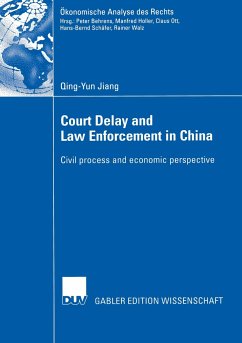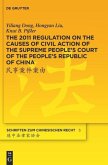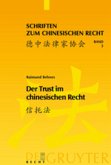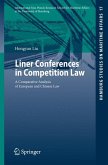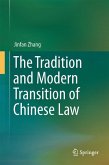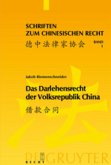Foreword Qing-Yun Jiang was born in Fujian, China. He studied International Business Administration at the Shanghai Institute of Foreign Trade in Shanghai, where he graduated with a Bachelor of Economics. In 1997, he started studying at the University of Hamburg. After his Master study and his successful completion of the necessary law examinations, he was admitted as a doctoral student in the law faculty in 2001. In addition to his study of German civil, criminal and administrative laws, Jiang demonstrated an increasing interest in law and economics, especially in the relationship between law and economic development. It is now a well-established fact that the rule of law, the protection of property rights and a swift and timely resolution to conflicts are corner stones of economic development and long-term economic growth. In many developing countries court delays are a major shortcoming of the legal system. This is true for countries in Latin America and in many Asian countries. Empirical findings show a 15 year length of civil procedure from the first filing of the case to the Supreme Court decision. This leads to court crises in the sense that private disputes are not brought to the court. Private parties attempt to circumvent the official legal system all together. When making contracts they resort to self enforcing contracts, to self help and, if available, to private alternative dispute settlement. In his thesis, Jiang presents an empirical study of court delays in China.
Bitte wählen Sie Ihr Anliegen aus.
Rechnungen
Retourenschein anfordern
Bestellstatus
Storno

